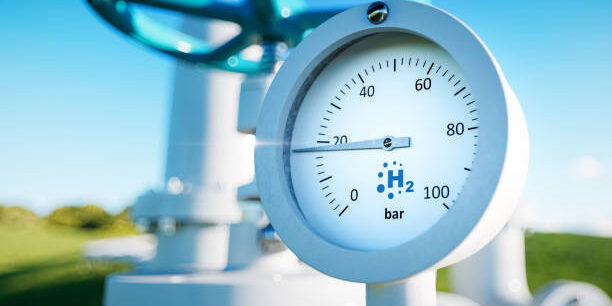A recent study has highlighted the significant advantages of utilizing compressed hydrogen for regional marine transport, showcasing its impressive energy efficiency and cost-effectiveness within the supply chain. The research, which focused on a 540 MW capacity export site producing 10 tonnes of hydrogen per hour, demonstrated that the energy required for storage and loading compression is about 1.5 kWh/kg of hydrogen, with unloading compression needing just 0.2 kWh/kg. This minimal energy use represents only 2.8% of the total power required for the export site, allowing the majority of energy to be dedicated to hydrogen production.
The study also revealed that the capital cost for compression facilities amounts to approximately €120 million, which constitutes less than 7% of the total capital expenditure for the hydrogen supply chain. This makes compression a financially attractive option. When compared to ammonia synthesis, which demands up to five times more energy, compressed hydrogen proves to be a more efficient alternative with lower overall costs.
The findings suggest that compressed hydrogen can be delivered at around €6/kg, which is about 20% lower than the cost of ammonia. This highlights its competitiveness and economic benefits. Compressed hydrogen not only offers greater delivery volumes but also reduces capital expenditures and enhances financial returns for producers. The study underscores the potential of compressed hydrogen to optimize supply chain strategies, making it a promising solution for more efficient and cost-effective regional transport.
#ICTTMNews #BreakingNews #SupplyChainNews #EnergyEfficiency #HydrogenTransport #RenewableEnergy #NewsUpdate







